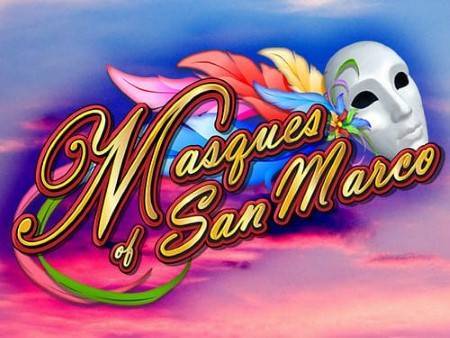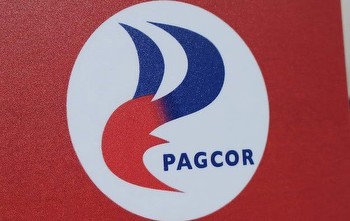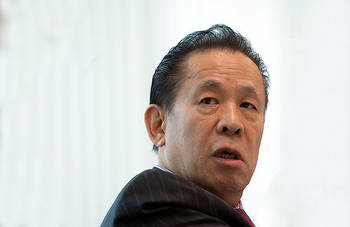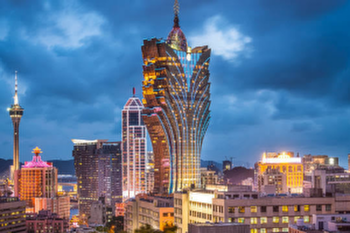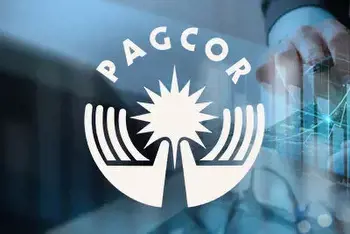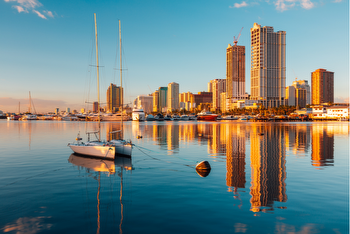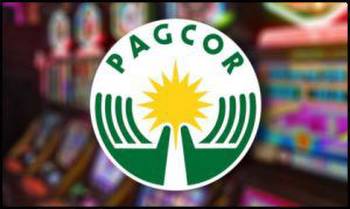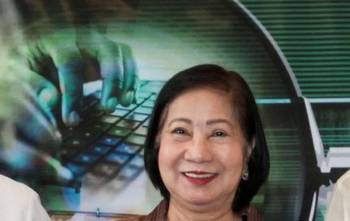Pagcor taps e-sabong to shore up revenue

MANILA, Philippines — State gaming regulator Philippine Amusement and Gaming Corp. (Pagcor) is ready to tap revenues from online gambling on electronic cockfights, better known as online sabong or e-sabong, even as it complains of the pervasiveness of this type of gambling during the pandemic when many Filipinos depend on the internet.
Andrea Domingo, Pagcor chairman and chief executive officer, said several online sabong operators start full commercial operations this month even as the lockdown has shut down most Pagcor-owned or operated casinos, as well the integrated resort (IR) casinos at Entertainment City in the Manila Bay area.
Domingo said that there are already two operators that have been issued authorities to operate, after fully submitting their paid-up capital and performance bond of P75 million.
“There are four others lined up but they need to pay those fees with us so they can be given notices to proceed,” Domingo said in a mix of Filipino and English in a recent virtual Kapihan sa Manila Bay forum.
“We’re hoping that this will earn us anywhere from P250 to P350 million a month,” she added.
While the revenues are huge, Domingo said this was not as significant as the revenues of so-called POGOs or Philippine offshore gaming operator hubs that have foreign players.
She said that Malacañang has upheld rulings that Pagcor would be the regulatory agency supervising online or e-sabong.
“The President has already resolved that issue, and said that Pagcor should be the one to regulate e-sabong. based on a DOJ (Department of Justice) opinion that it is, in fact, under our care,” Domingo said.
The Pagcor chief, however, gave assurance that they were keeping a hands off policy on traditional cockfight gaming in cockpits or coliseums regulated by local government units (LGUs). All online betting on cockfights will be under the purview of the gaming agency.
She admitted awareness of the current proliferation of online gambling on social media, saying that operators of illegal online cockfighting were the ones raking in huge revenues, while the state gaming regulator’s casinos, IR casinos and e-gaming casinos remain closed due to community quarantines in many parts of the country since the pandemic.
“Illegal gambling is proliferating online. They advertise blatantly on Facebook, Twitter,” Domingo added.
“We already caught six and have filed cases, but it persists. It’s because the player, especially when they’re locked down at home, gets bored. So they look for entertainment and amusement, but they can’t go out,” she said. “They’re forced to bet through Facebook.”
Filipino gamblers, she said, are not allowed to gamble online on so-called POGOs authorized by Pagcor to operate in the country.
Domingo said that most of the online gaming hubs have also been shut down by the pandemic.
“What’s online for us are the POGOs, meaning, offshore. All the bets that we can collect are from other countries,” she said.
To tap into this market, Domingo said that the giant IR casinos such as Solaire, ResortsWorld Manila and Okada are allowed to go online, too.
“Most recently Solaire, ResortsWorld and Okada started their online table games and slot machines. However, it’s all limited because we need to regulate them. Not just anyone can play because of non-proliferation and responsibe gaming. Those are the two principles that we are upholding,” Domingo said.
Domingo said Pagcor was lobbying with the President to allow the partial reopening of casinos when a general community quarantine or modified GCQ classification is put in place especially in the National Capital Region Plus bubble.
She said that the extended closure of casinos, and even of POGOs, since last year has caused a huge drop of revenues for the gaming agency.
The revenue crunch, she warned, could prevent Pagcor from contributing significantly to the universal health care (UHC) program that is providing funding to the Philippine Health Insurance Corp. or PhilHealth, which in turn is also supporting government as well as private hospitals operating under the coronavirus pandemic.
“From a high of about P18 billion that we contributed to the united health care which takes care of some of the expenses of PhilHealth, in 2020 we were able to contribute only about P8 billion. In 2021, I’m afraid that we would have to give only P5 billion or even less,” Domingo said.
She said Pagcor was now operating a very lean organization to stay afloat, pointing out that it also has to earn some revenue to pay its bills.
“We would like to keep our compensation intact until we recover. We also have to pay our lease, leases, leaseholds, we have to pay our electrical bills, our water bills, our maintenance bills, our medical and healthcare expenses,” she said.
“But with Pagcor, our earnings have really dipped very low. From our high of, just for gaming revenues, earning about P80 billion in 2019, this went down to just below P30 billion in 2020,” Domingo said, adding that if quarantines last much longer, estimated revenues this year are at P16 billion to P17 billion.







